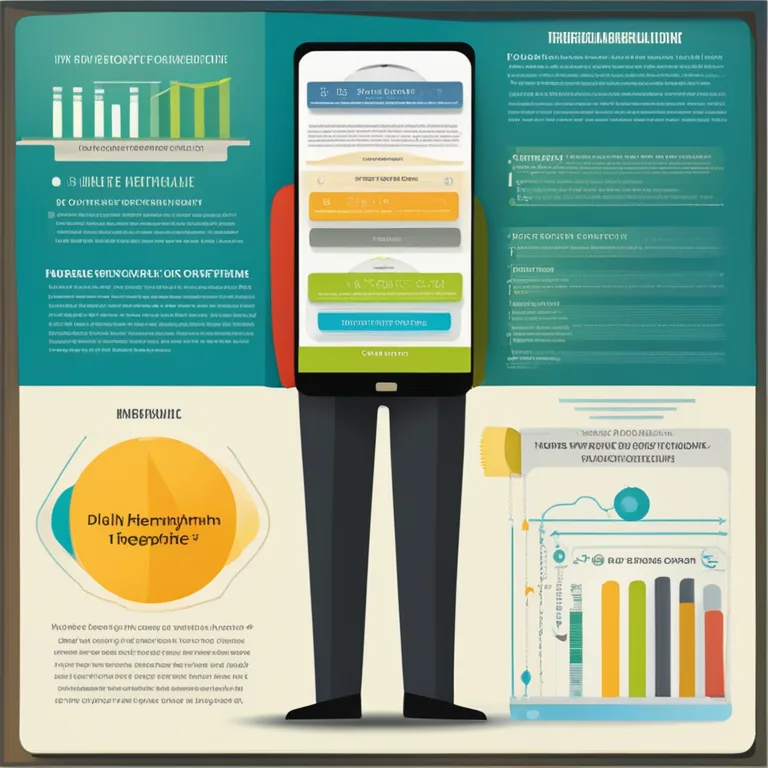
The Truth About Biorhythms: Fact or Fiction?
Discover the legitimacy of biorhythms and whether they hold any scientific ground in impacting human lives.
article by Adrian Wallace
Introduction to Biorhythms
Biorhythms are a concept suggesting that our daily lives are significantly affected by rhythmic cycles. Proponents believe that by tracking these cycles, which include physical, emotional, and intellectual components, individuals can predict and understand the ebbs and flows of their wellbeing. Yet, as we forge ahead into 2024, the question remains—do these biorhythmic patterns stand up to the rigors of modern scientific scrutiny, or are they merely pseudoscientific artifacts from a bygone era?

Historical Overview
The theory of biorhythms dates back to the late 19th century, rooted in the idea that our lives are governed by innate cycles. These concepts gained popularity in the 1970s, with charts and calculators becoming commonplace for those seeking insight into their personal rhythms. However, despite their historical intrigue, the validity of these rhythms has always been a topic of debate among scientists and skeptics alike.

Examining Scientific Evidence
In the landscape of modern science, evidence is paramount to substantiating any theory. Studies have investigated the correlation between biorhythms and human performance, health, and behavior, but have often yielded inconclusive or contradictory results. Critics argue that any correlations found are often coincidental or can be better explained through other psychological and physiological principles.

Biorhythms in the Digital Age
The digital evolution has seen a resurgence in interest for biorhythms, with numerous apps and websites claiming to provide precise biorhythmic readings. While technology has made charting these cycles more accessible, it hasn't necessarily made them more credible. With the amount of data at our fingertips, it's crucial to discern scientifically-backed information from mere digital novelties.

Personal Experiences and Placebo
Anecdotal evidence from individuals who swear by the accuracy of their biorhythmic charts can't be dismissed outright. Yet one must consider the role of the placebo effect, wherein belief in the system may trigger a psychological response that can appear to validate the concept. Personal testimonials, while compelling, do not equate to scientific proof.
Navigating Life's Ups and Downs
Life is undeniably full of peaks and valleys, and it's appealing to attribute these to a set of predictable patterns. Biorhythms offer a way to purportedly anticipate these fluctuations, providing a level of comfort to those who seek to mitigate life's uncertainties. But even if biorhythms don't hold water scientifically, the structured perspective they offer can have a powerful placebo effect, aiding individuals in their quest for self-awareness and planning.
Conclusion: The Verdict on Biorhythms
In conclusion, biorhythm theory provides an intriguing lens through which to view our lives. For those keen on self-improvement and introspection, biorhythms may serve as an interesting self-analytical tool, but they should be approached with a healthy dose of skepticism and an understanding of their unproven nature in the scientific community.
Published: 1/4/2024
Modified: 1/4/2024
More predictions
Come back here soon to learn more about yourself and your future


The Practical Uses of Biorhythms In Today's Life
Discover the significant applications of biorhythm theory in everyday living, from health optimization to decision-making.


The Impact of Biorhythm Compatibility
Discover the impact of biorhythm cycles on relationship dynamics and compatibility in our insightful article.


Biorhythms Practical Uses Unlocked
Discover the applications of biorhythms in everyday life, from personal well-being to professional optimization.